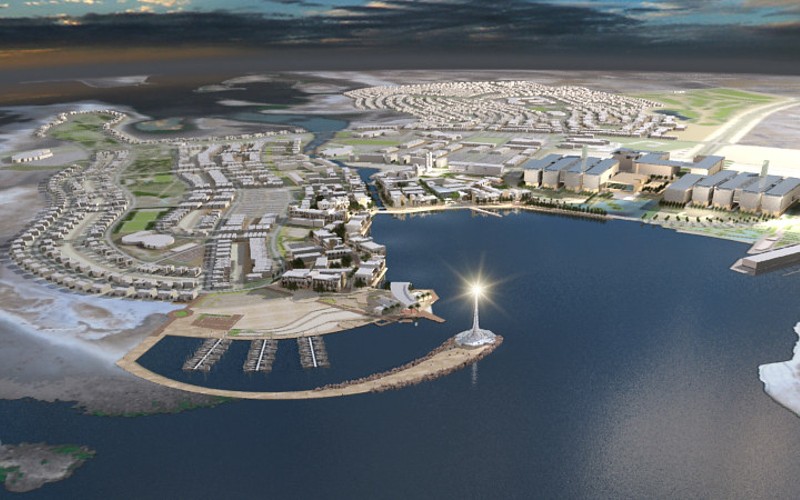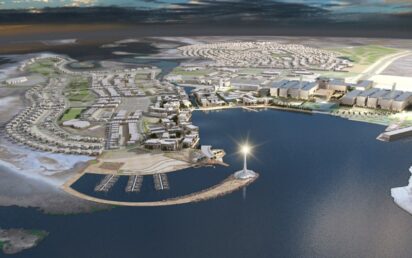Implementing smart technology into the world’s historic cities is a huge challenge.
London, for example, covers 1,572 km², has a population of nine million and its Underground train system alone handles around five million journeys a day. Never mind flying cars or even drone deliveries – just getting the Tube to run on schedule is headache enough.
In Saudi Arabia, meanwhile, a community of 4,000 homes has sprung up around the King Abdullah University of Science and Technology – known as KAUST – which serves as the perfect testbed for ground-breaking tech.
Indeed KAUST, established in 2009, is a graduate research university devoted to finding solutions for some of the most pressing scientific and technological challenges in the world.
“They built an entire city to support KAUST,” Jason Roos, chief information officer at KAUST, tells BusinessCloud at the recent LEAP conference in Saudi Arabia. “You have the university; an adjacent research mark with big research centres and companies like Aramco (the Saudi oil group); and smaller offices for many Fortune 500 companies, from Boeing to Lockheed.
“We have autonomous shuttles, autonomous buses, shopping centres, restaurants, rec centres, a golf course – and a school system that has more students in it than our university does!
“There is an opportunity for smart city digital innovation: we can roll out ideas in the community to see if something is worth taking further. We’ve done experiments on everything from drone deliveries – where a drone can deliver a package which is then sent down into the home via elevator – to geothermal wells to support the cooling and power efficiency of homes.”
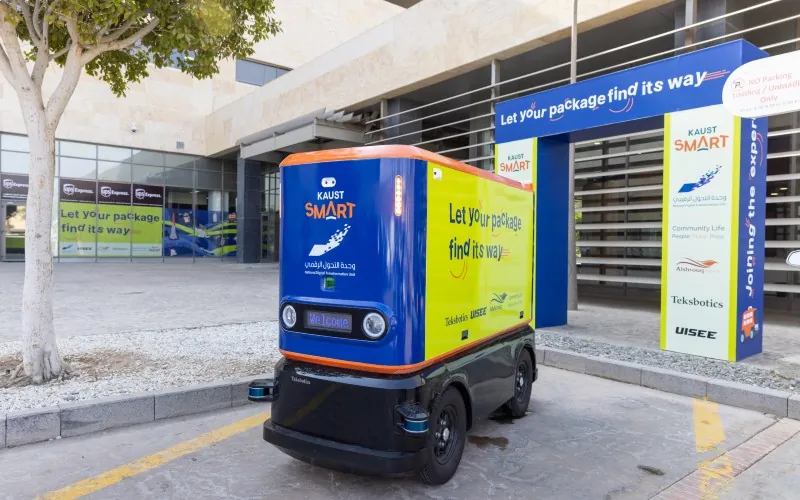
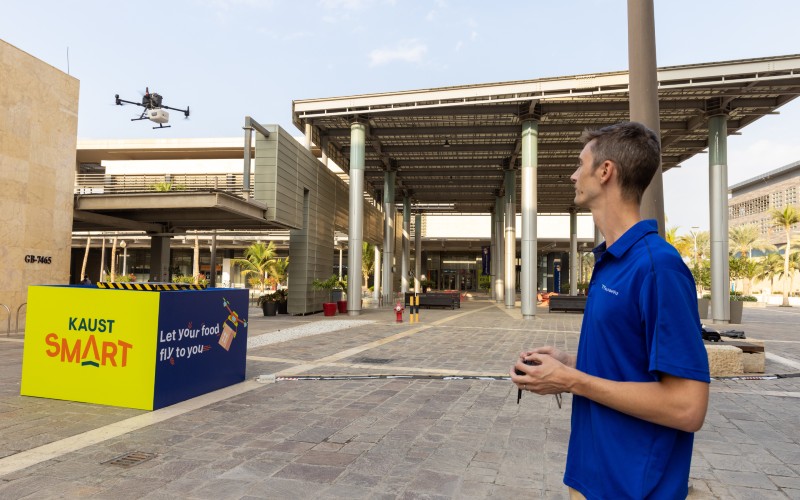
A partnership with legendary racing team McLaren means it is the only university in the world that has its name on a Formula One car. “We help them with fuel mixtures, aerodynamics, studying how we can improve their performance,” says Roos.
Fail fast & move on
Roos formerly held tech leadership roles at several healthcare companies in California, including serving as CTO of leading US hospital Stanford Healthcare. Having also worked in Abu Dhabi, almost six years ago he returned to the Middle East to join KAUST.
“What is fascinating about KAUST is I have truly found a place in the world that is unlike any other when it comes to the opportunity to innovate in the digital space,” he explains.
“We’re only 14 square kilometres, which is small enough that you can experiment quickly, fail fast and move on – and it’s not a large investment. But it’s not big enough to be overwhelming to deploy something.
“If we were going to deploy something in Palo Alto or broader Santa Clara county [in California], I may have to get cooperation from city managers, county commissioners, the school system… the red tape would be challenging. I can do things here at KAUST that I could never do in Silicon Valley.”
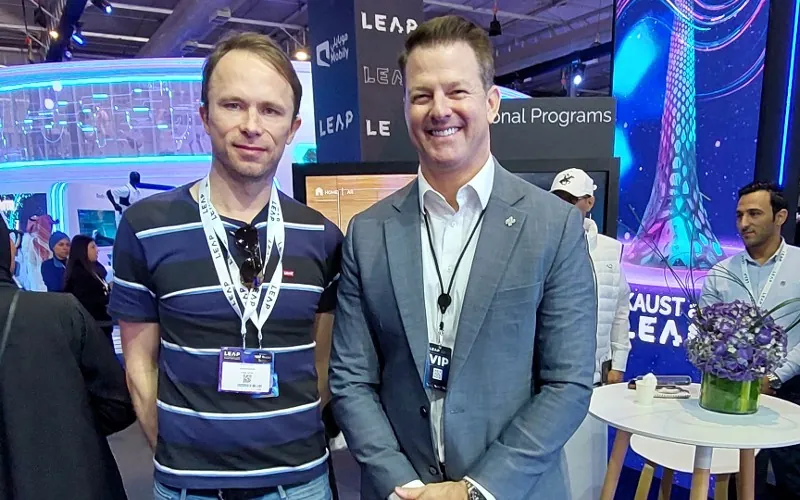
The city has a unified app, for example, which anybody can use to find where they need to go, order food or pay digitally for goods. “We’re looking at how to recreate that immersive experience,” says Roos. “We’ve asked the community to be part of the testbed: we roll out solutions, and they may not be perfect, but we ask for feedback and go through multiple iterations to keep improving them.”
MIT of the Middle East
Founded by the late King Abdullah with an endowment to allow it to operate independently, KAUST was intended as a “MIT of the Middle East”, says Roos, referring to the legendary Massachusetts Institute of Technology near Boston.
The research facility has no undergraduate students – only master’s, PhDs, postdocs and researchers. “We have laboratory facilities that are on the scale that you would see in a national laboratory in the United States,” says Roos.
“In terms of citations per faculty member – published papers cited in other research – we are number one in the world: we are better than Caltech (The California Institute of Technology) and MIT. Our world class researchers have a body of knowledge that is unprecedented.
“We’re getting our third-generation supercomputer this summer which will be built to support new workloads when it comes to artificial intelligence, while we have other world class laboratory facilities around nano fabrication, NMR (nuclear magnetic resonance), electron microscopes, genomics research, marine biology, the effects of climate change on coral reefs.”
More than 120 different nationalities live, work and study on campus, but there was an early focus on harnessing this environment to develop local talent, says Roos. “Our gifted student programme identifies top students across Saudi Arabia in high school. If they are accepted to schools like Stanford, MIT, Harvard, Oxford or Cambridge, then KAUST will put them on a scholarship to go there.
“When they finish their bachelor’s degree, they come back to KAUST, and they work on their masters or PhD here. At any given time, we have probably about 500 students around the world in that scholarship programme.”
Entrepreneurship
KAUST research results in novel patents and products, enterprising startups, regional and global initiatives, and collaboration with industry and Saudi agencies, as well as other academic institutions.
“Our entrepreneurship programme provides basic instruction on how to get a company started – how to take something discovered in the lab and spin it off into a startup,” says Roos. “We have a venture capital fund where we provide seed money to startup ideas, and we have a research park for those startup companies to get mentoring and support. The adjacency and the capabilities of the university can also help to get it going then big enough to move to Jeddah, Riyadh or anywhere in the world.
“We want to be a living laboratory for things that go from the lab bench to a prototype to deployment in the community; through feedback and an iterative process of improvement; then spun off into a company, with seed funding, which can ultimately be commercialised.
“We have every aspect of an ecosystem.”
Vision 2030
Saudi Arabia’s Vision 2030 is a series of economic and social reforms which is opening the country up to the world. One of the key focuses is empowerment of women to join the workforce and a relaxation of previously prohibitive laws in areas such as driving and dress.
KAUST was established in 2009 – “long before a lot of the social changes occurred”, says Roos. “It was set up to be a co-ed education facility: men and women could go to class at the same time; women could wear normal Western dress, they didn’t have to cover up; women could drive within the confines of the city; and so it was established to be a Western-style, world-leading institution.
“In some cases, it was pushing the boundaries of what was socially acceptable in Saudi Arabia. So it was an experiment in the beginning. And so because of that, it created this kind of ecosystem. It’s a walled community, but we’re taking down some of the walls so we can be opened up – because the Kingdom is changing.”
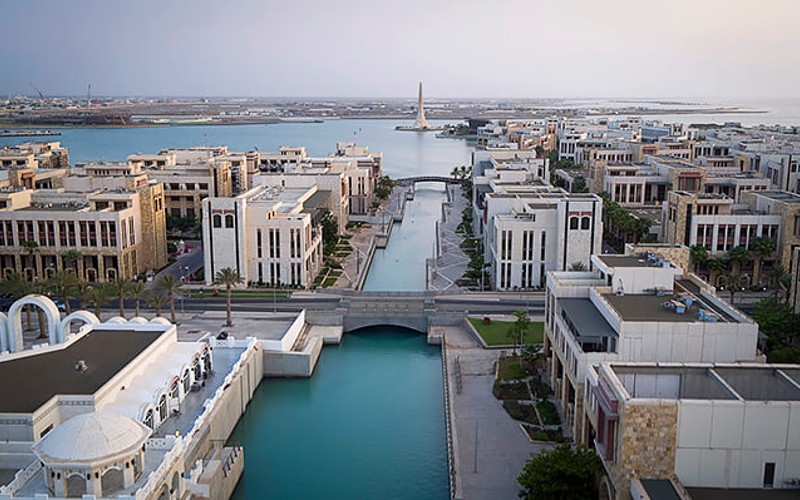
Roos says KAUST has held many conversations with cities both inside and outside Saudi Arabia to apply its tech innovations to the wider world.
“I can’t think of any other place in the world that is as exciting as Saudi Arabia is right now. They are putting a lot of investment, they are making sure that there is a clear understanding of where we’re going. And KAUST is part of that – one of those building blocks to get there,” he says.
Beatboxing, diversity, no-code – a business festival with a difference

